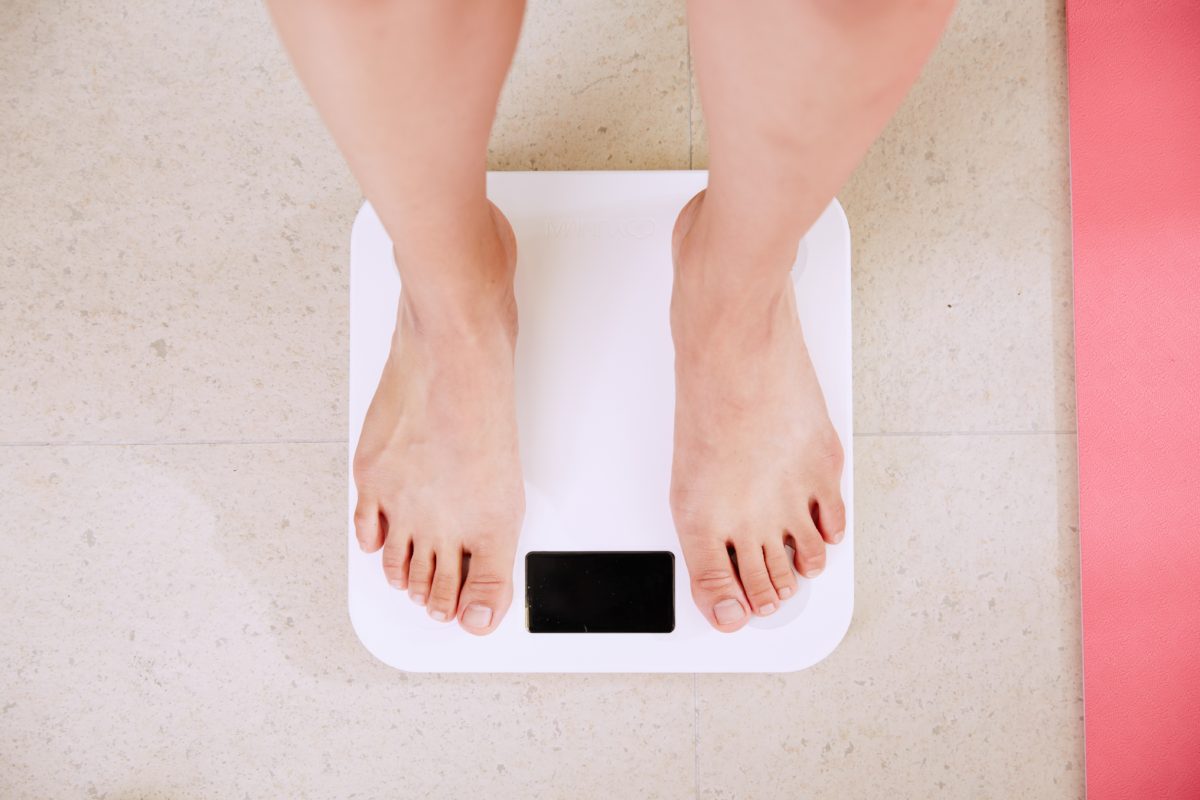Photo by I Yunmai on Unsplash
It’s that time of the year where gym memberships are at an all-time high. Many of us feel guilty for over-eating during the holidays and make a promise to do better for the new year. It’s a never-ending cycle, but if you’re looking to take on a new fitness routine for the new year, there are a few things to keep in mind so that you don’t lose track towards your fitness goals.
Set Realistic Goals
You won’t transform overnight, so be realistic about what you’re setting out to achieve. It didn’t take a month to put on those 20 lbs and it won’t take a month to get it off, either. Slowly integrate new practices (like exercising three days each week or incorporating a serving of vegetables in one meal each day) one at a time instead going to extremes, like vowing to exercise every single day and eat only salad.
New Study: Lactobacillus Rhamnosus Supplementation has Significant Effect on Weight Loss and Maintenance in Obese Women
Have a Plan
Studies have shown that a steady and consistent workout plan and diet are much more effective than extreme methods.
Include Weight Training
If you think that doing hours of cardio is going to slim you down, think again. Your body gets more long-term metabolic results when weight training is included in your workout routine. Your body is still burning fuel long after you lift, whereas cardio the effects are not as long-lasting.
Don’t Over Exercise
Keep in mind that you’re not in a competition with anyone else in the gym. Be honest about where your fitness level is and choose workouts that appropriately meet your needs.
According to Jun Wang, MS, of InVite® Health, there are numerous supplements that may support weight loss.
Supplements for Weight Management
White kidney beans supply a carbohydrate blocker that inhibits the enzyme amylase from breaking starches down into sugar; absorbing less sugar from foods such as bread, potato, pasta or rice helps reduce your intake of calories.
Probiotics are live bacteria that support the activity of the body’s healthy bacterial population. They help burn calories by releasing the appetite-reducing hormone GLP-18,9 . They decrease body fat by increasing levels of the protein ANGPTL4.10 Probiotics can also reduce inflammation and may improve gut health. A meta-analysis of 17 randomized clinical trials in humans indicates that probiotics help treat obesity.11
CLA (Conjugated linoleic acid) made from safflower oil helps reduce body fat by inhibiting the activity of the enzyme lipoprotein lipase which normally would transfer fats from the bloodstream into fat cells. CLA also promotes carnitine palmitoyltransferase, which helps burn fat, improving energy. A meta-analysis of 18 randomized, double-blind, placebo-controlled clinical trials (the gold-standard of clinical trials) concluded that taking 3.2g/d of CLA effectively reduces body fat in humans.12
A dietary lifestyle change and combination of exercise and premium quality supplements can lead you on a journey to your best health and best weight, naturally.
Source: http://www.msn.com





